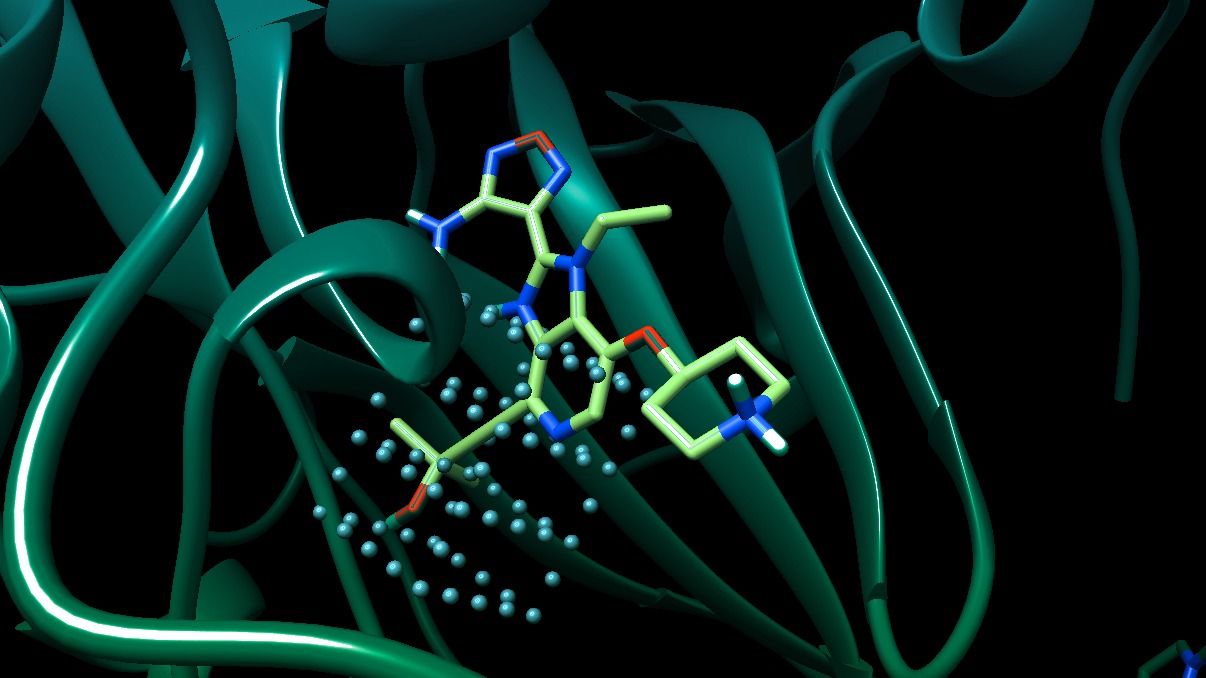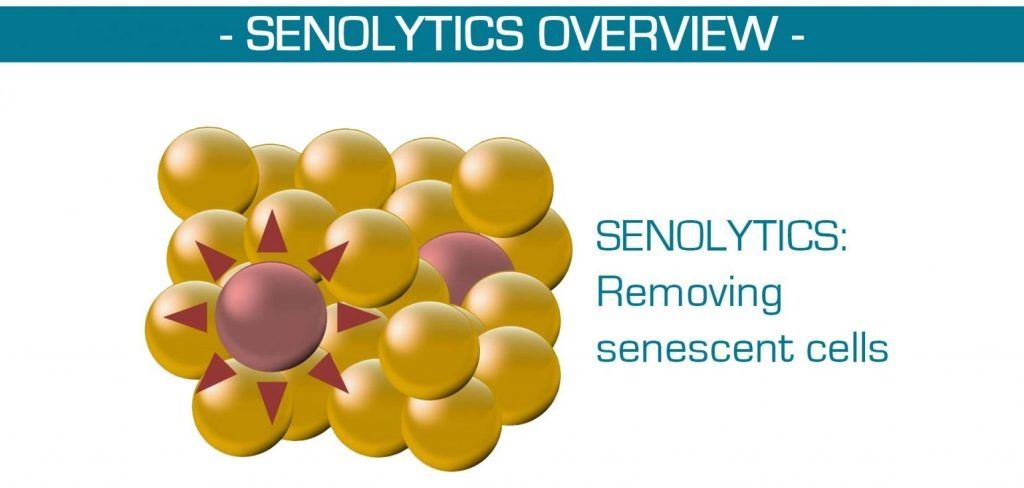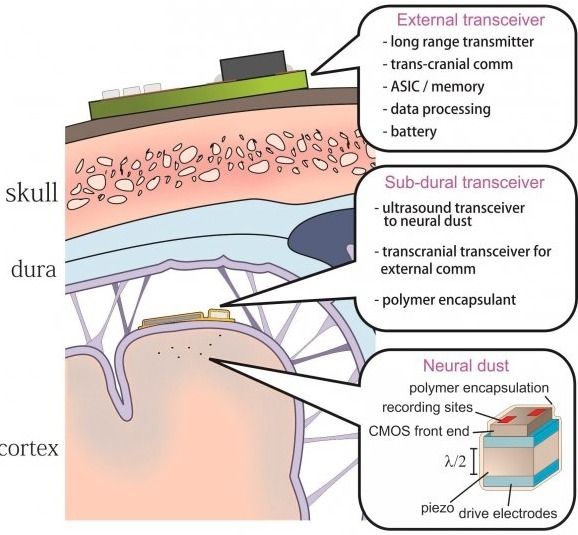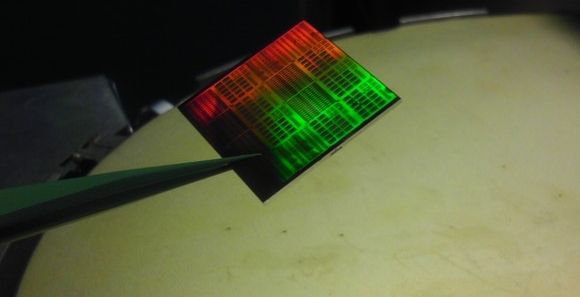
Artificial intelligence algorithms are being taught to generate art, human voices, and even fiction stories all on their own—why not give them a shot at building new ways to treat disease?
Atomwise, a San Francisco-based startup and Y Combinator alum, has built a system it calls AtomNet (pdf), which attempts to generate potential drugs for diseases like Ebola and multiple sclerosis. The company has invited academic and non-profit researchers from around the country to detail which diseases they’re trying to generate treatments for, so AtomNet can take a shot. The academic labs will receive 72 different drugs that the neural network has found to have the highest probability of interacting with the disease, based on the molecular data it’s seen.
Atomwise’s system only generates potential drugs—the compounds created by the neural network aren’t guaranteed to be safe, and need to go through the same drug trials and safety checks as anything else on the market. The company believes that the speed at which it can generate trial-ready drugs based on previous safe molecular interactions is what sets it apart.
Continue reading “Artificial intelligence could build new drugs faster than any human team” »



















